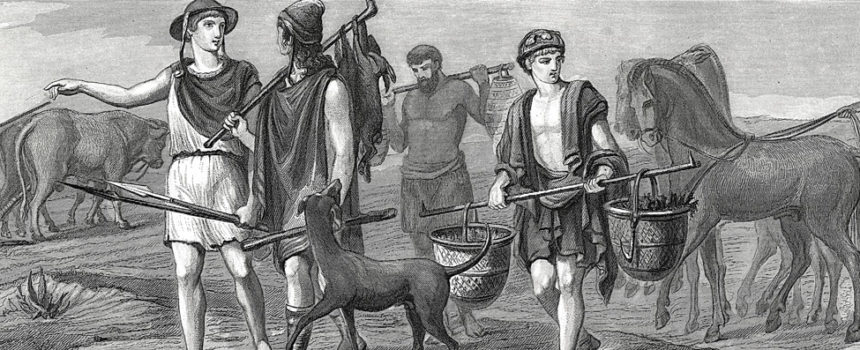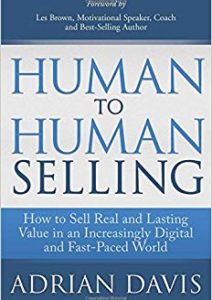Decades ago, psychotherapist Thom Hartmann proposed two mental models that described how people go about their work. The hunter mindset, based on nomadic societies, suffered from a short attention span but had hyper-focus for short bursts of time. The farmer, based on agrarian societies, was patient and worked steadily with the understanding that he would enjoy the fruit of his labor in the future. These two mental models have been used to guide hiring. Most recruiters look for hunters to fulfill sales roles and farmers to fulfill account management roles.
This clear distinction between the hunter and farmer mindset gets blurred when hiring a Key Account Manager. In the past, hunters were focused on acquisition and farmers were focused on retention. A blend of these attributes is required to successfully fulfill a Key Account Manager role. Traditional Account Managers tend to be too patient and they acquiesce too quickly to unreasonable client demands. This is detrimental to forging a mutually beneficial and strategically viable partnership. On the other hand, a hunter mindset is too short-term focused and will often lose out on larger opportunities because of the relentless pursuit of the sales opportunities immediately in front of them.
When recruiting for a Key Account Manager, look for the following:
1. Leadership. A KAM should be a visionary. They should help everyone see and be excited by what’s possible. Their customers and their peers should respect them. They should be able to respectfully challenge and direct the customer in the customer’s best interest. This means they must have a degree of comfort with tension. Traditional Account Managers are too quick to cave in when facing tension with clients. Also, when progress needs to happen internally, they need to have the respect of their team. Team members should want to go the extra mile for them.
2. Communication. This is a big one. The best KAMs are able to keep all stakeholders informed on all the important issues. They will often have to lead the presentation of project updates or account reviews. Whether oral or written, it is critical that all communications are concise, clear and convincing. Communications must also be highly nuanced for the particular stakeholder or group being spoken to.
3. Business Acumen. Many salespeople are far too focused on closing deals and do not understand broader business issues. This approach is fatal when it comes to Key Account Management. A Key Account Manager must be able to see the bigger business issues for the client and help the client manage their business. They must also ensure all business deals are profitable for both sides.
4. Relationship Savvy. Today’s Key Account Manager must be able to read people and connect meaningfully with a variety of personalities. They must understand that all progress is made through relationships. They must know when to take the lead in relationship development and when to enable others to take the lead. Their objective is to build a highly intricate web of many-to-many relationships between the client’s people and theirs – the more intricate the web, the greater the partnership and the higher the cost to switch to a competitor.
5. Results Oriented. Today’s Key Account Manager must have laser focus on getting results for the customer. This means they must be proactive and not wait for the customer to notice they are not on track to achieving a particular goal. They must have a “no excuses” mindset. They do what needs to be done. They coordinate multiple resources to the achievement of the decided upon outcome. They will take the blame for failures and give credit to the team for successes because they are driven by outcomes not their ego.
6. Appetite for Learning. A successful Key Account Manager recognizes the pace of change we are undergoing. Consequently, they are always open to training and development. They never rest on their laurels. Part of the respect they gain from others comes from the fact that others see that they are constantly growing in their perspectives and abilities. They constantly look for opportunities to improve in areas that they have identified as important.
All of these attributes require a mix of a hunter and a farmer mindset. There are some things that must be looked after with a short-term laser focus. These short-term issues must be executed while simultaneously understanding how they fit into and accelerate long-term objectives and a long-term vision. It is an unusual mix of attributes as it requires mental flexibility. Those who possess these traits will lead their organizations and their clients to much greater rewards than we have seen in the past from either hunters or farmers.












Comments